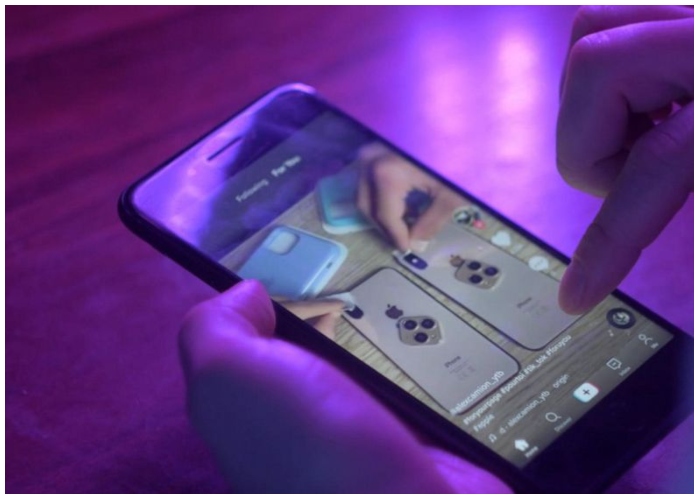Every summer usually gives us something to hold onto—a soundtrack, a meme, a movie, a moment. It’s part of how we process time. But summer 2025 feels different. There’s no defining song looping through radios and store speakers. No must-watch blockbuster dominating the box office. No viral trend that unites people beyond niche circles. Instead, we have a fog of forgettable content, short attention spans, and scattered digital noise. The internet has dubbed it “Brain Rot Summer,” and while it may sound like a joke, it perfectly captures the cultural emptiness this season has left behind.
A Summer Without a Cultural Pulse
We’ve reached August, and still, there’s no unifying thread to this summer. Usually, there’s one film everyone talks about, one pop anthem playing at every BBQ, or one meme format that defines a cultural mood. Not this time. Instead, there’s a vacuum. Pop culture feels strangely muted, despite the endless output from studios, record labels, and influencers. This is not because people aren’t consuming—it’s because we’re consuming too much, too fast, and none of it sticks. We’re not missing content—we’re missing connection.
The Overload Effect
Social media promised personalization, but what it delivered was fragmentation. TikTok trends burn out in 48 hours. YouTube Shorts are here and gone. Spotify gives us algorithmic playlists tailored to individual taste, but no one’s listening to the same thing.

The more options we have, the fewer shared experiences we create. We’re living inside our own algorithmic bubbles, and while that feels customized, it also means no one’s watching, listening, or caring about the same things at the same time. Culture isn’t disappearing—it’s dissolving into noise.
The Death of the “Main Character”
Pop culture used to have figures that anchored us. Think Beyoncé dropping a summer album. Think Tom Cruise running from explosions. Think Harry Styles dancing in feathers. This summer, there is no main character. No artist, no celebrity, no single moment has stepped into the spotlight and stayed there. Even when something starts to trend, it feels like it’s already being replaced. Attention spans have shortened to such an extent that virality isn’t even desirable anymore—it’s disposable. We don’t celebrate moments, we skim them.
Overstimulation, Under-Curation
Part of the problem is that content doesn’t feel curated anymore—it feels dumped. Streaming platforms are releasing more than anyone can track. Musicians are dropping EPs and collabs at random. Influencers are churning out reaction videos and recaps that blur into one another. There’s no pause, no build-up, no anticipation. Everything is immediate, and nothing feels earned. “Brain rot” isn’t about stupidity—it’s about mental clutter. There’s too much of everything and no reason to remember any of it.
Entertainment Fatigue
Ironically, having access to endless entertainment is exhausting. People are tired of scrolling. Tired of pretending to care about trailer drops, mid-tier remixes, and shallow celebrity feuds. The constant need to “keep up” with what’s trending has turned culture into a job. It’s no longer about joy—it’s about consumption. So instead of rallying around big summer events, many people are checking out. We’re watching content on autoplay without knowing what we just saw. It’s not boredom—it’s burnout.
A Crisis of Shared Experience
The beauty of culture is that it used to give us a way to feel something together. Even if you didn’t like a summer blockbuster, you saw it because everyone else did. Even if a song wasn’t your vibe, it still played in the background of your summer memories. But now, those shared touchpoints are gone. Everyone’s summer looks different depending on their feed, and the result is a strange kind of loneliness masked as choice. Without cultural markers, time feels flat. Without shared context, nostalgia doesn’t form. And without memory, meaning fades.
Why This Actually Matters
“Brain Rot Summer” might sound like a niche internet phrase, but it highlights something much deeper—a generational disconnection from cultural identity. When nothing is memorable, everything becomes replaceable. When we no longer anticipate or celebrate collective moments, we lose part of what binds us together. This isn’t about longing for the past—it’s about recognizing that something essential is slipping away. We don’t need fewer choices—we need more meaning. Slower builds. Bigger payoffs. Room to breathe.
Can We Reclaim the Summer?
It’s not too late to reset. Summer isn’t over. But maybe the next viral trend doesn’t need to be a dance challenge. Maybe it’s a concert where no one’s on their phones. A movie that people see in a crowded theater. A song that takes weeks to chart but months to fade. Culture needs cultivation, not just creation. We can’t expect memorable moments if we’re too busy skipping ahead to the next thing. This summer didn’t fail because of bad content—it failed because we forgot how to value anything beyond the scroll.